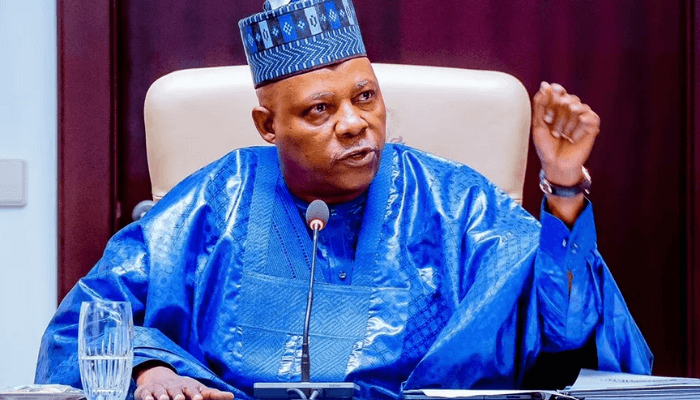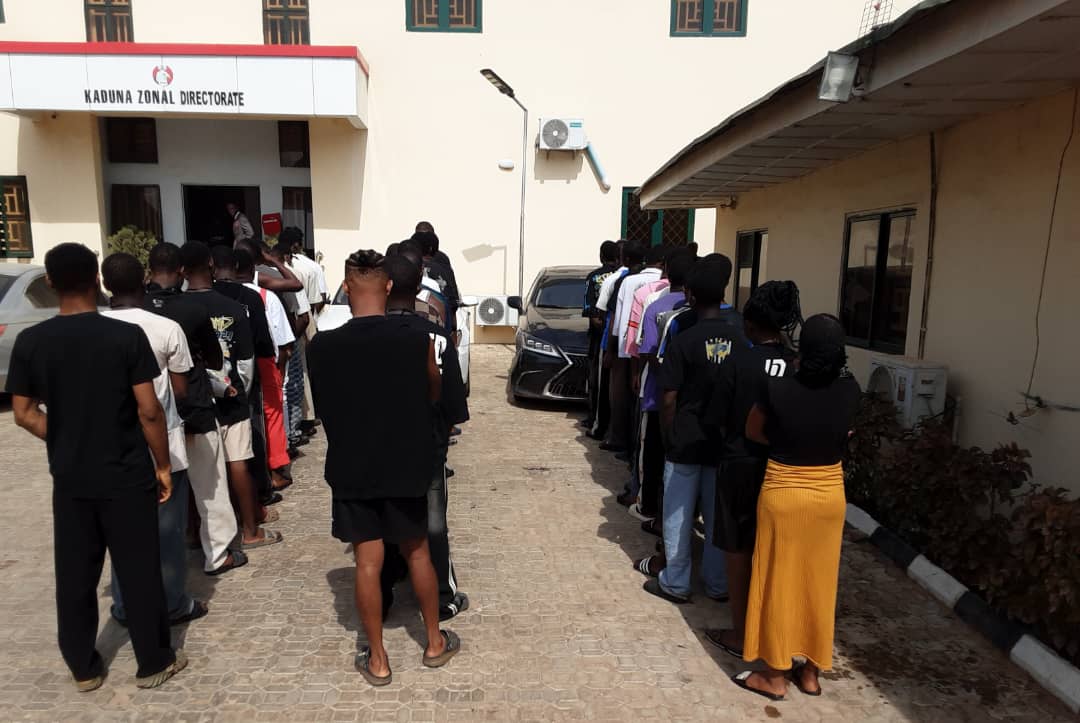Also in attendance are the National Security Adviser, Mr Nuhu Ribadu, Minister of Humanitarian Affairs and Poverty Reduction, Professor Nentawe Goshwe, United Nations Resident and Humanitarian Coordinator, Mohamed Fall, officials of the National Emergency Management Agency and state governments.
The workshop holding at the National Counter Terrorism Centre at the Office of the National Security Adviser Abuja focuses on the Anticipatory Action Framework for Nigeria.
It is aimed at brainstorming on mitigating the impact of flood disasters as the rainy season begins and other disasters in the country.
In his welcome remarks, the NSA says his office is taking a proactive step to tackling the challenges of flood disaster in Nigeria rather than a reactive step.
He says the initiative is part of the efforts of the current administration to improve the lives of the citizens and transform the economy of the nation.
According to him, unmanaged disasters can exacerbate insecurity, enable displacement, disrupt critical infrastructure, and deepen societal fragilities, hence strengthening the anticipatory capacity of the country is essential to protect lives, secure national assets and reinforce the resilience of our communities.
Mr Ribadu notes that while technology enables the concerned authority to predict hazards with increasing accuracy, it is preparedness and effective communication that guarantees effective action.
The NSA further explained that the Anticipatory Action Framework is a strategic effort that blends data, local knowledge, and community engagement into a cohesive forward looking model for disaster risk reduction.




